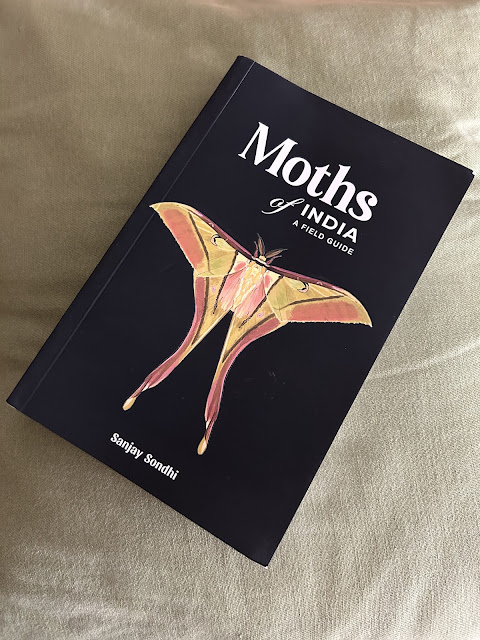It seems to have affected the birds as well. A month ago, the MNS e-group was full of distressed emails about the pittas, which were refusing to leave, and quite tragically, dying for their loyalty. (The pittas need to go back to cool climes you see.)
And now, Skandan and his buddies have been lurking around the Adyar estuary and catching these plovers, that are usually only winter visitors to the city, coming in with the music season and the rustle of silks, and leaving well before the summer, mangoes and cotton!
We are well into summer and they are still here, and in breeding plumage to boot.
The plovers are medium-sized waders - birds that live along the water's edge, with short necks and kind of stubby bills. The non-breeding grey plover is , well, grey! The striking black chest is to attract the ladies!
The Lesser Sand Plovers were in the sand thankfully, being faithful to their name. And yes, there are Greater Sand Plovers, which are marginally bigger, with slightly longer legs and a more pointy beak.
Click on the picture above and spot the breeding males -the ones with the black mask around the eyes. The morose ones with brown upper necks are the females.
Its the one with the looong bill! What's it doing hanging out with the plovers, I wonder? The Terek sandpiper's bill is much longer than the common sandpiper, which is quite common. They are endearing birds to watch, slight bobbing up and down, quick stuttering darts along the ground and complete absorption in finding their food!
 Pacific golden plovers. Photo by Skandan
Pacific golden plovers. Photo by Skandan
 Pacific golden plovers. Photo by Skandan
Pacific golden plovers. Photo by SkandanBeautiful birds, both in flight and when they are in repose. The golden colours usually catch the evening sunlight beautifully, in the estuary. The striking white markings are prominent in the breeding males.
I love to watch tern acrobatics over the water's surface. They swoop and glide, and are constantly calling, and are fun to watch through the binoculars. This tern that Skandan has photographed, has a black head only during breeding, and its non-breeding plumage is just white and kind of dull grey or dirty white for the body!
I find the terns very confusing to distinguish during non-breeding, they all look similar!
 Grey plover, in breeding plumage. Sighted in Kelambakkam backwaters. Photo by Skandan
Grey plover, in breeding plumage. Sighted in Kelambakkam backwaters. Photo by Skandan Lesser Sand plovers, in the sand! Photo by Skandan
Lesser Sand plovers, in the sand! Photo by Skandan Find the lone Terek sandpiper, among the lesser sand plovers. Photo by Skandan
Find the lone Terek sandpiper, among the lesser sand plovers. Photo by Skandan White-winged tern - breeding plumage. Sighted at Kelambakkam backwaters. Photo by Skandan
White-winged tern - breeding plumage. Sighted at Kelambakkam backwaters. Photo by Skandan

%2Bcopy.jpg)
wonderful pics!!!
ReplyDeleteVery nice pictures. You have made me realise there is more to Chennai than saree shops!
ReplyDeleteI bet the Lonely Planet person never actually set foot in Madras. I have boycotted them, anyway. There are other better sources of travel info!!
ReplyDeleteWere these pictures taken in the Adyar Poonga? Any explanation as to why they have not left?
Yes Anu and Radha, Skandan is very handy with that camera of hi, and also is constantly on the prowl!!
ReplyDeleteAnd there is definitely more to Madras than saree shops! Though Kamini, my sympathies are with the LP chap who wrote the review...its hard to like the city when you come in as a tourist. Its home though!
No, the pics are not at the Adyar Poonga, but at the mouth of the estuary, that you approach from besant Nagar, and on the beach there as well.
Why they have not left....that's what's baffling...
This comment has been removed by the author.
ReplyDeleteAll our wintering Indian Pittas and other Himalayan specials are gone by mid April, and thereafter they are your problem. Sibes tend to stay on for longer into Maya as their Northern lattitudes take a while to warm up.
ReplyDeleteMarvelous pics. Didn't know that there was such rich birdlife in Adyar Estuary. Thanks for the post.
ReplyDeleteRam
Those plovers and sandpipers are amazingly well camouflaged, and the white-winged tern is gorgeous.
ReplyDelete